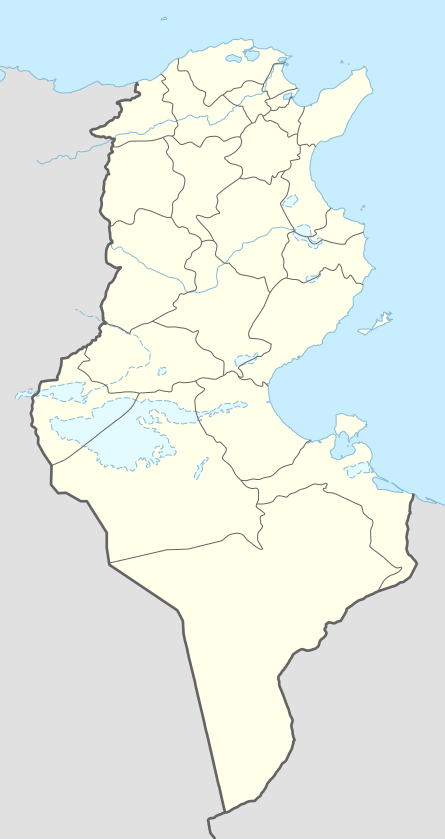Leptis Parva
 Shown within Tunisia | |
| Location | Tunisia |
|---|---|
| Region | Monastir Governorate |
| Coordinates | 35°40′17″N 10°53′00″E / 35.671389°N 10.883333°E |
Leptis Parva (also Leptis Minor, Lesser Leptis or Little Leptis; not to be confused with Leptis Magna in Tripolitania) was an ancient city on the eastern coast of Tunisia by the Gulf of Hammamet in proximity to the modern city of Monastir.
History
It was founded as a Phoenician colony in the 8th century BCE, around the time Carthage was founded, and was a commercial city. Leptis Parva was a prominent city during the Phoenician period, but became a less important during the Punic rule of the region (c. 600 BCE to 146 BCE). It was incorporated into the Roman Republic with the destruction of Carthage in 146BCE, but gained more autonomy than it had during Punic Era. Julius Caesar used it as his base of operations in 46BCE during his winter campaign against supporters for Pompey led by Titus Labienus. It remained an important city even during the Byzantine Period and was one of the most important cities in North Africa. It suffered the same fate that the other great cities, including Leptis Magna and Carthage, suffered at the hands of invading Arabs, who virtually destroyed the city in the 7th century CE. It was abandoned, never to be settled again.
See also
Coordinates: 35°40′17″N 10°53′0″E / 35.67139°N 10.88333°E
%2C_Algeria_04966r.jpg)